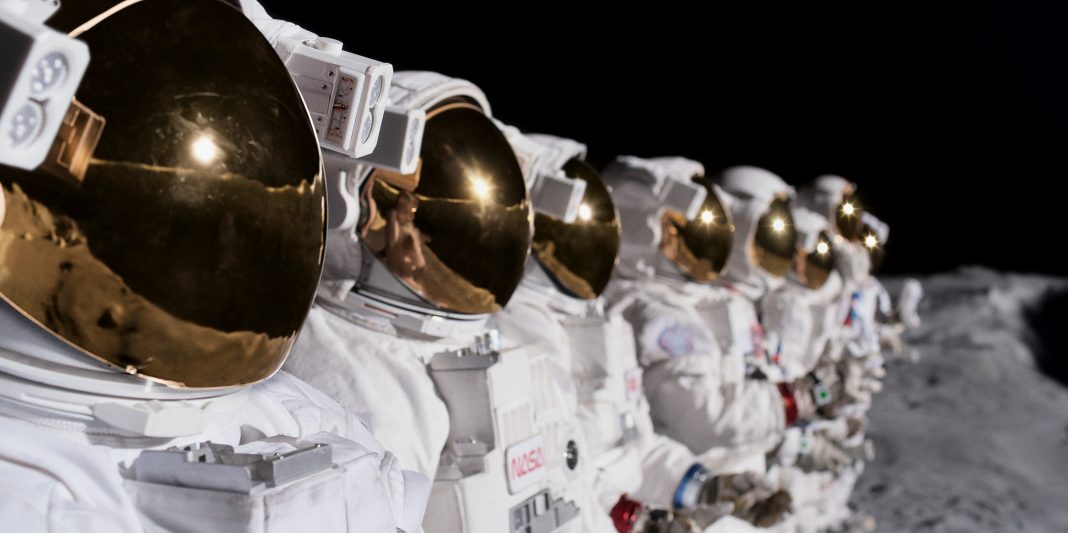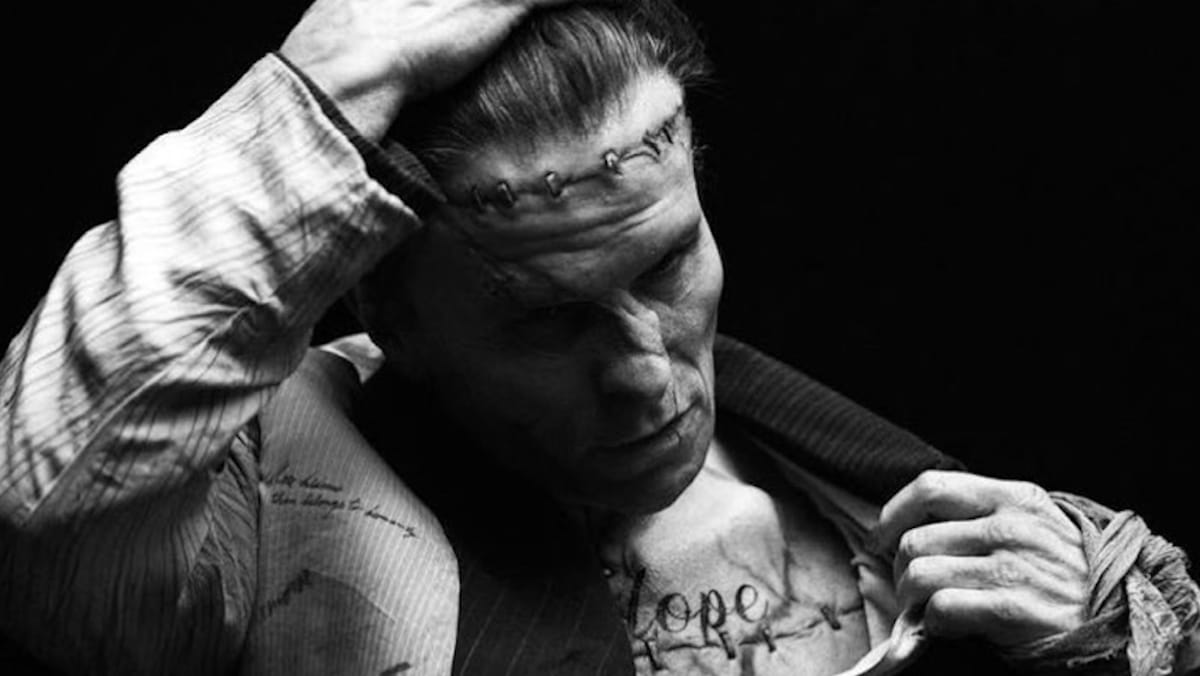This is a spoiler-free review of For All Mankind Season 2. Eight episodes were provided to critics in advance for review. For more intensive discussions of the show, check out our recaps starting February 26th.
I first discovered For All Mankind at an NYCC panel back in 2019 — oh, what innocents we were then! Still, the idea fascinated me: an alternate history of the space race where the Russians beat the United States in getting to the moon, thus unleashing a series of events that culminates in women getting to go to space on the Apollo missions, long before US women astronauts actually got to go into space. And that it was by Ronald D. Moore, the mind behind the Battlestar Galactica reboot, all the better.
I actually didn’t watch For All Mankind until well after it debuted in November 2019; I just couldn’t find the time. I finally watched it this past November or so, and while it started out slow, I quickly found myself enraptured by its transformation of a familiar and not-so-distant past. The characters go through such development over the course of a single season, that I couldn’t help but jump on the opportunity to review and recap the second season of For All Mankind.
The second season of For All Mankind establishes a pace, right off the bat, which seems to say, “we know we started our story slow, but this is what we were building to.” It’s a confident start to a confident season, which jumps ten or so years ahead in the show’s timeline. A lot happens very quickly, and we’re told about the advancements in the careers of several of our main characters — as well as the fallen status of a few others.
The Russians are largely still the antagonists, with Cold War tensions ramping up and Ronald Reagan as President. Whether the Russians should be considered antagonistic is a major question this season. Our heroes are divided on that point, with some—Ed Baldwin (Joel Kinnaman) siding on the antagonistic side — and others, like Margo Madison (Wrenn Schmidt) going out of her way to make a kind of peace with a few of the Russian space agency scientists.
The science feels mostly side-lined, which I’ve come to expect on this show; not that it’s inaccurate, just that it’s not the focus. The politics of the era, in all their shades, are the focus. The show is not a dramatic alternate history series in its design; things don’t seem to have changed much as far as fashion and style go. That’s actually a refreshing change of pace for alternate history; this isn’t a straight-up science-fiction take on the past; this is a realistic look at what might have happened had a few key points changed drastically.
The acting is still good, with especially strong showings from Michael Dorman as fallen astronaut Gordo Stevens and Sonya Walger as the irascible Molly Cobb, who get devastating storylines this season. Gordo’s might be expected; Molly’s is not.
Overall, the show is just about perfect; it comes highly recommended when it debuts on February 19th, on Apple TV+. For a streaming service that got a rocky start, they’ve quickly risen to the top in my mind, with comedies like Dickinson and Ted Lasso and dramas like For All Mankind and the upcoming Foundation. Hopefully, they can keep their momentum going.
For All Mankind premieres on February 19th, with episodes being released on Apple TV+ on a weekly basis.








